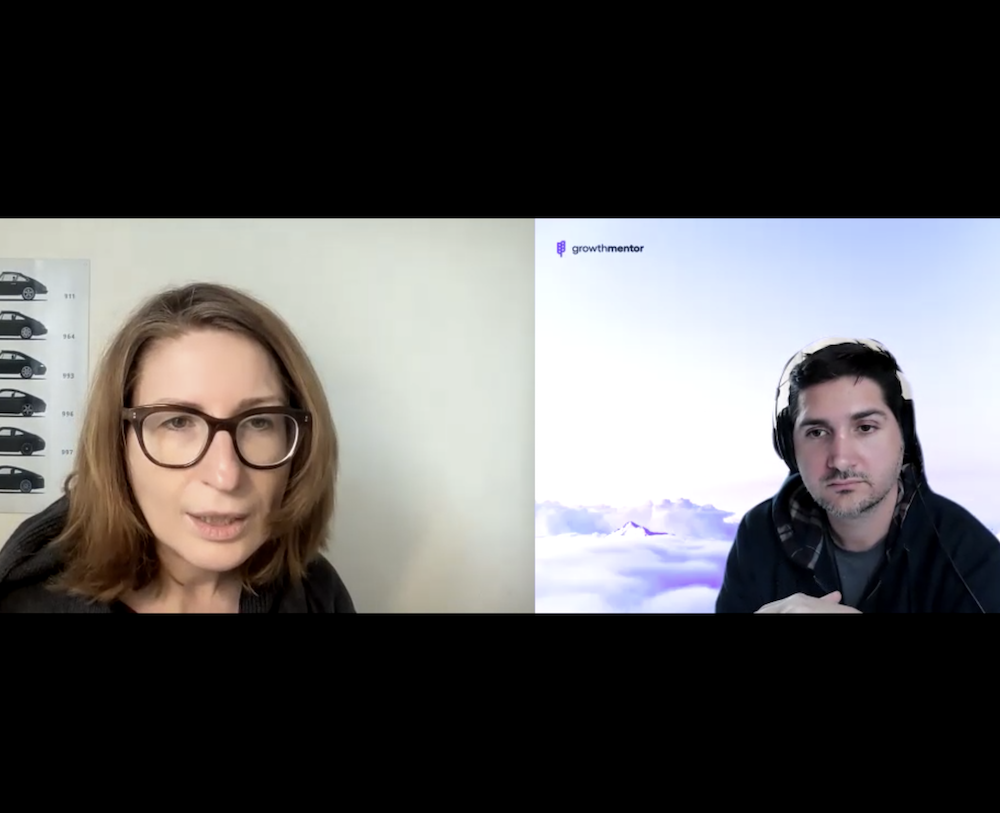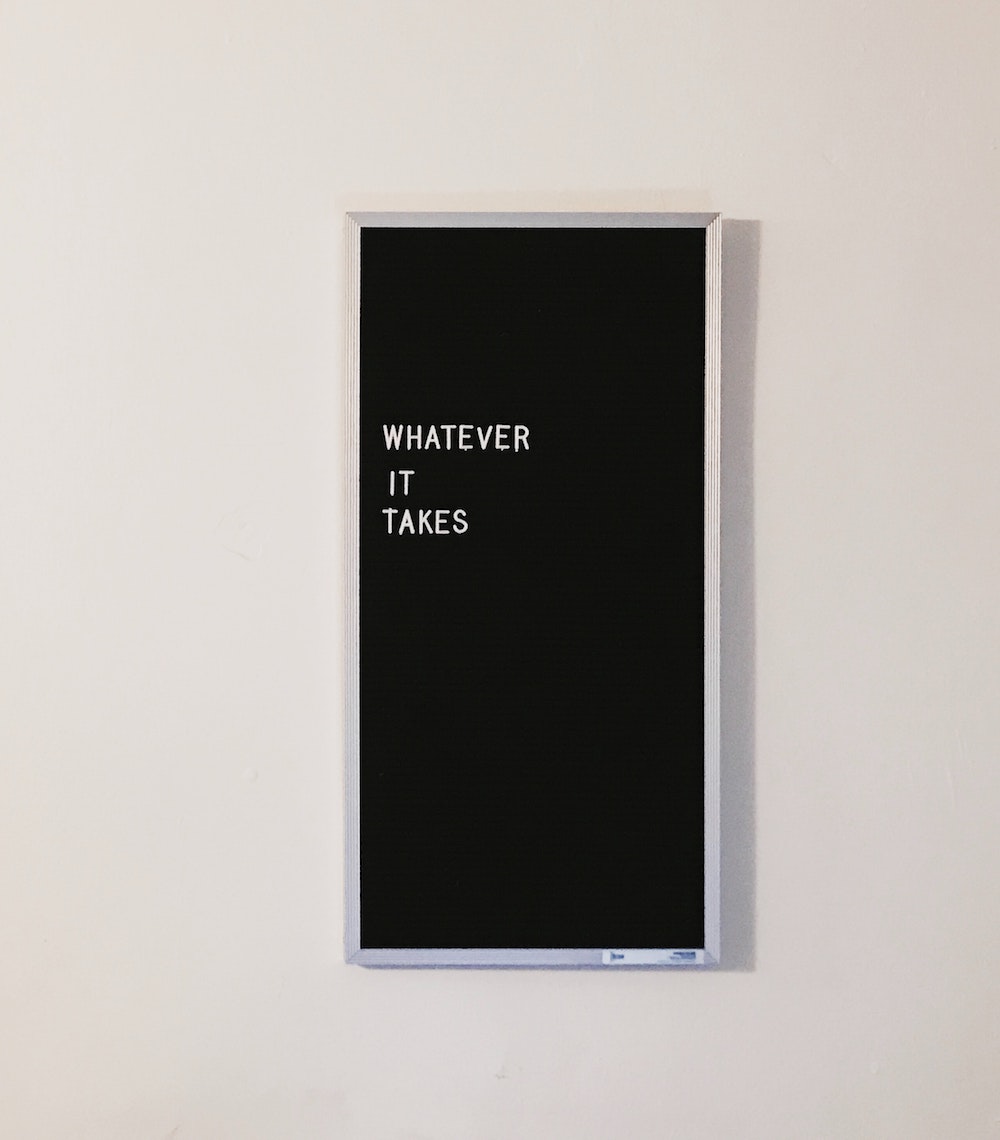The Difference Between Advice and Mentorship (And Why Most People Give Bad Advice)
I can still picture the scene perfectly. Downtown San Francisco, 2019. We were exhibiting GrowthMentor at StartupGrind, and I found myself at the after-party watching something that would haunt me for years.
A founder who’d just raised a $10M Series A was holding court, bourbon in hand, surrounded by wide-eyed early-stage founders. “If you’re not raising VC money right now, you’re basically leaving cash on the table,” he declared with the confidence of someone who’d never been wrong about anything. “2019 is THE year to raise. The market has never been better.”
Nine months later, the market turned. He burned through half his runway “finding PMF” and returned the rest to some seriously unhappy investors.
Those early-stage founders?
Most of them spent the next year chasing VC funding instead of building sustainable businesses.
I’m sharing this story not because it’s unique, but because it’s a pattern I can’t unsee. Every day, across every startup hub, someone is confidently giving advice that’s going to age like milk in the sun. The problem isn’t just that they’re wrong – it’s that they’re accidentally wrong. Success creates a kind of amnesia about the role of timing, luck, and circumstance.
And it’s costing founders everything.
The Real Problem with Startup Advice
Open LinkedIn right now. Your feed is probably full of:
- “Growth hackers” who grew their following by posting about growing their following
- “Startup advisors” whose last actual startup was during the Obama administration
- “Expert” founders selling courses about their one lucky success
Welcome to the Advice Industrial Complex – where talking about building businesses has become more profitable than actually building them.
But here’s what makes this truly dangerous: These people aren’t lying. They really did build something valuable once. Many of them are genuinely trying to help. But somewhere along the way, they started mistaking their highlight reel for a universal playbook.
Think of startup advice like a photocopied map. Each time someone copies their success formula, it loses a bit more detail, a bit more context, until you’re basically navigating with a blurry sketch of a territory that might not even exist anymore.
What Real Mentorship Looks Like
Let me tell you about one of my most uncomfortable mentorship moments – the kind that actually changes things.
I had gone to one of our most experienced mentors convinced I had an activation problem. My onboarding wizard was clearly broken. I had my Mixpanel reports ready, my new Figma designs with all the clickable hotspots, and a pre-written PRD for the dev team.
He spent 45 minutes just asking questions:
- “Why do you think your onboarding flow is the main problem?”
- “What assumptions are you making?”
- “What would prove you wrong?”
It was annoying. It was uncomfortable. It was exactly what I needed.
By the end of our conversation, I realized I was solving the wrong problem entirely. My onboarding wasn’t broken – my positioning was misaligned with my actual best-fit customers. I was optimizing the wrong part of the funnel because it was easier than facing the real issue.
That’s the difference between advice and mentorship.
- Advice tells you what to do. Mentorship helps you think better.
- Advice gives answers. Mentorship asks better questions.
- Advice simplifies. Mentorship embraces complexity.
The Counterintuitive Truth About Great Mentors
Here’s something that might surprise you: Some of our most impactful mentors at GrowthMentor are founders who’ve failed thoughtfully rather than succeeded accidentally.
Think about it: When’s the last time you heard a successful founder say “I actually have no idea why that worked”? Now compare that to founders who’ve failed – they can usually give you a detailed post-mortem of exactly what went wrong and why.
Success can be a terrible teacher. It creates blind spots. It builds false confidence. Worst of all, it makes you think you have everything figured out.
But failure? Failure forces you to dissect every decision, question every assumption, examine every blind spot.
The best mentor I ever had started our first meeting with: “Let me tell you about the three ways I completely screwed up my last company.” Those 60 minutes were worth more than a hundred “how to succeed” webinars because every insight was backed by real consequences and hard-learned lessons.
Success stories are like highlight reels – they show you the wins but hide the process.
Failure stories are like game tape – they show you exactly where things went wrong and why.
The Mentorship Quality Framework
After watching countless founders (including myself) follow advice down expensive dead ends, I’ve developed a simple way to filter signal from noise.
I call it the Mentorship Quality Framework.
Think of it as your BS detector for startup advice.
The Context Check
The next time someone gives you advice, ask one simple question: “Has this person solved YOUR specific problem?”
Not a similar problem. Not an adjacent problem. Your specific problem.
I learned this one the hard way when a well-meaning advisor told me to “just raise prices” because it worked for him.
His context? Enterprise B2B software with 6-figure contracts.
Mine? Consumer subscription product with $50 monthly plans.
Different universe entirely.
The Timeline Test
- “When I grew my Twitter following…”
- “When I raised my seed round…”
- “When I went viral on LinkedIn…”
Notice how specific advice ages about as well as milk in the sun? The tactics that worked in 2021 probably won’t work today. The fundraising landscape of 2020 might as well be ancient history.
Good mentors are actively building or advising right now.
They’re in the trenches, not reminiscing about their glory days.
The Nuance Test
Here’s a simple truth: If someone can’t tell you when their advice wouldn’t work, they don’t understand when it would.
Bad advisors deal in absolutes: “Always do X, never do Y.”
Good mentors embrace complexity: “Here’s where this usually works, and here’s where it might fail.”
The best mentor conversations I’ve had usually include phrases like:
- “it depends”
- “you’ll need to consider”
- “here’s what might go wrong.”
Stakes In The Game
Finally, ask yourself: What does this person have to lose if they’re wrong?
This is why I’m naturally skeptical of:
- Course creators teaching about business building
- Consultants who haven’t run a company since MySpace was cool
- Anyone whose main product is their advice
Real mentors have skin in the game. They’re actively building, failing, learning, and succeeding alongside you. Their reputation and relationships are on the line with every piece of advice they give.
Putting It Into Practice
Let’s say someone tells you “SEO is dead, focus on social.”
Run it through the framework:
- Context: What’s their business model? Target market? Price point?
- Timeline: When did they last actually do SEO?
- Nuance: Can they explain scenarios where SEO might still be crucial?
- Stakes: Are they selling social media courses?
The goal isn’t to dismiss all advice – it’s to filter out the noise and find the signal.
Making Mentorship Actually Work
It begins by asking the right questions.
First, let’s kill this “pick your brain” nonsense.
That phrase needs to die in a fire 🔥🔥🔥
See the difference?
We’re not asking for success stories – we’re mining for insights from the messy middle.
From the stuff that actually teaches you something.
The startup world is drowning in advice but starving for wisdom
Every day, another “guru” emerges with their foolproof formula, their secret blueprint, their guaranteed path to growth.
And it’s exhausting.
Not just because it’s noisy (though God knows it is), but because this advice industrial complex is actively harmful to innovation.
Bad advice isn’t just noise – it’s a tax on creation.
It’s good ideas dying because someone followed yesterday’s map to nowhere.
A Different Path Forward
Imagine a startup ecosystem where:
- “It depends” is seen as wisdom, not weakness
- “I don’t know” carries more weight than baseless confidence
- “Let me share what didn’t work” starts more conversations than “Let me show you how I crushed it”
The next time you’re about to give advice, pause.
Ask yourself if you’re sharing genuine insight or just contributing to the noise.
Because in the end, that’s what real mentorship is about – helping others think better, not just telling them what to think.
The time for shallow advice is over.
Are you in?
Are you ready to become a mentor?




